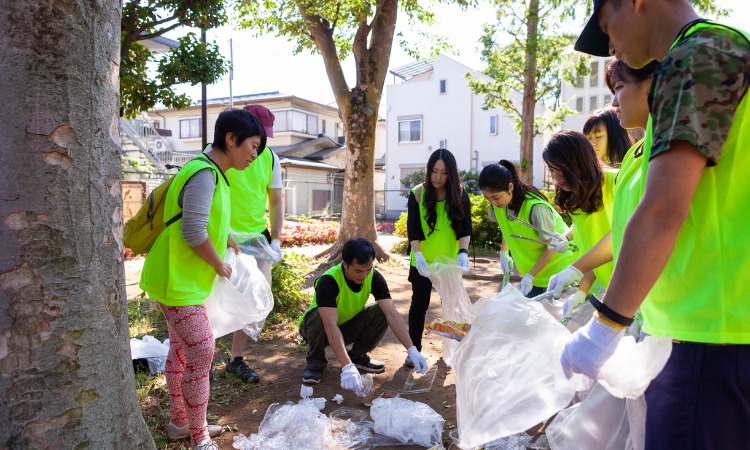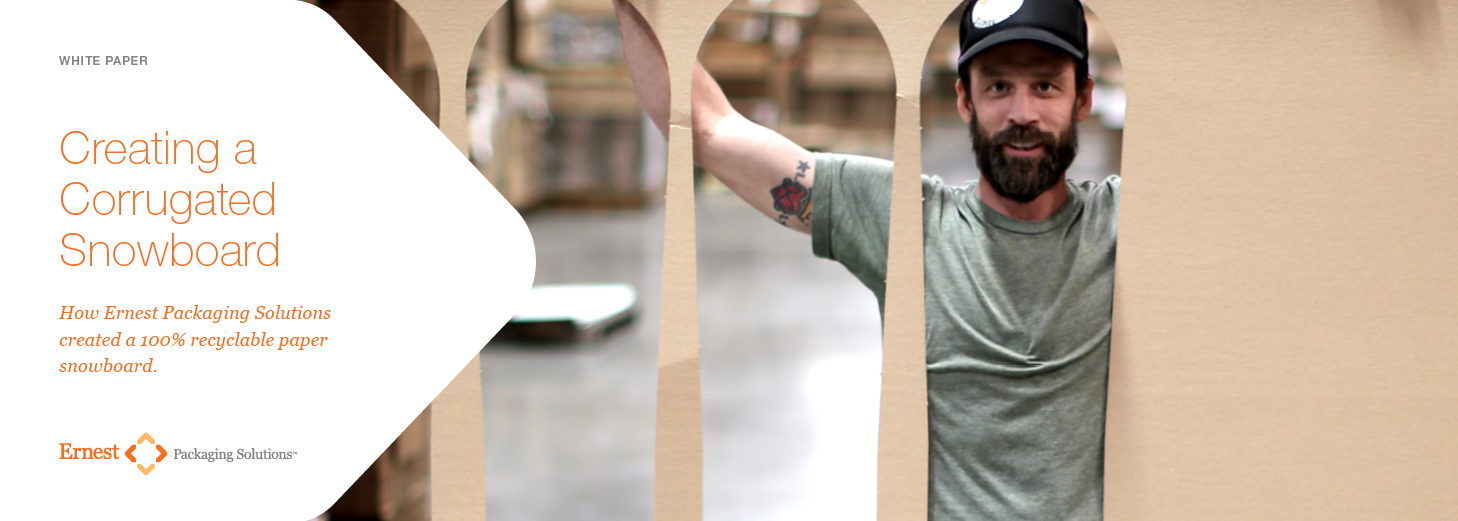Asia Puts Recycled Plastic to Good Use
September 17, 2018

This year we’ve seen a lot of advances in the world of plastic in the western hemisphere. Companies like Starbucks are abandoning single-use plastics, while IKEA is finding creative uses for the material. Plastics are a growing concern in Asia as well, but entrepreneurs are finding the silver lining and putting plastic to work for humanitarian efforts.
For many years, China has been the world’s largest importer of plastic waste for recycling purposes. Two-thirds of the entire world’s supply was imported by the country as recent as 2016, but a recent ban on importing plastics set the recycling world into turmoil. This year, the unsuspecting country of Malaysia has recently found itself at the epicenter of the plastic conversation in the East.
“I don’t believe there is a global plastics pollution problem,” declares one of the most influential men in Malaysia’s plastic recycling industry. Seah Kian Hoe is the CEO of a plastic importing company, and his bold claim is backed by an international award for environmental leadership his company was granted in 2013. “There is a global plastics ignorance problem.”
Seah is one of many who gladly accepts imported plastics in Malaysia, and believes the material is largely misunderstood. His company breaks down plastic waste, cleans it, and transforms it into products that are helping develop his country. It also sets a precedent for keeping plastics in the hands of recyclers, and not in the ecosystem. “Once you see the potential in plastic, you approach it totally differently. Once you shift your mindset, the plastic pollution problem disappears by itself.”
Over a thousand miles away in India, a professor is also showing the altruistic side of recycled plastics. Dr. Rajagopalan Vasudevan is an outspoken critic of calls to ban plastics in his country; he argues that once plastic is banned, recycling opportunities are abandoned and people are forced to dispose of it in ways that are harmful to the environment. Dr. Vasudevan simply states: “Plastic isn’t the problem. We are.”
An elegant solution arose when the professor discovered recycled plastics bonded with materials used in construction. His breakthrough led to the world’s first plastic-paved road — durable enough to withstand traffic, and flexible enough to prevent potholes. Today over 6,000 miles of Indian roads are paved with plastic, and Dr. Vasudevan’s eyes are on the future.
“It’s time we stop seeing plastic as the enemy, and turn it into our biggest resource.”
With brilliant minds on the case to make recycled plastics work for us rather than against our planet, we’re sure to see innovative solutions for years to come. Ernest Packaging Solutions isn’t alone in our mission to make packaging materials sustainable — see how we partnered with Signal to put plastic aside and make a completely recyclable snowboard out of cardboard!



